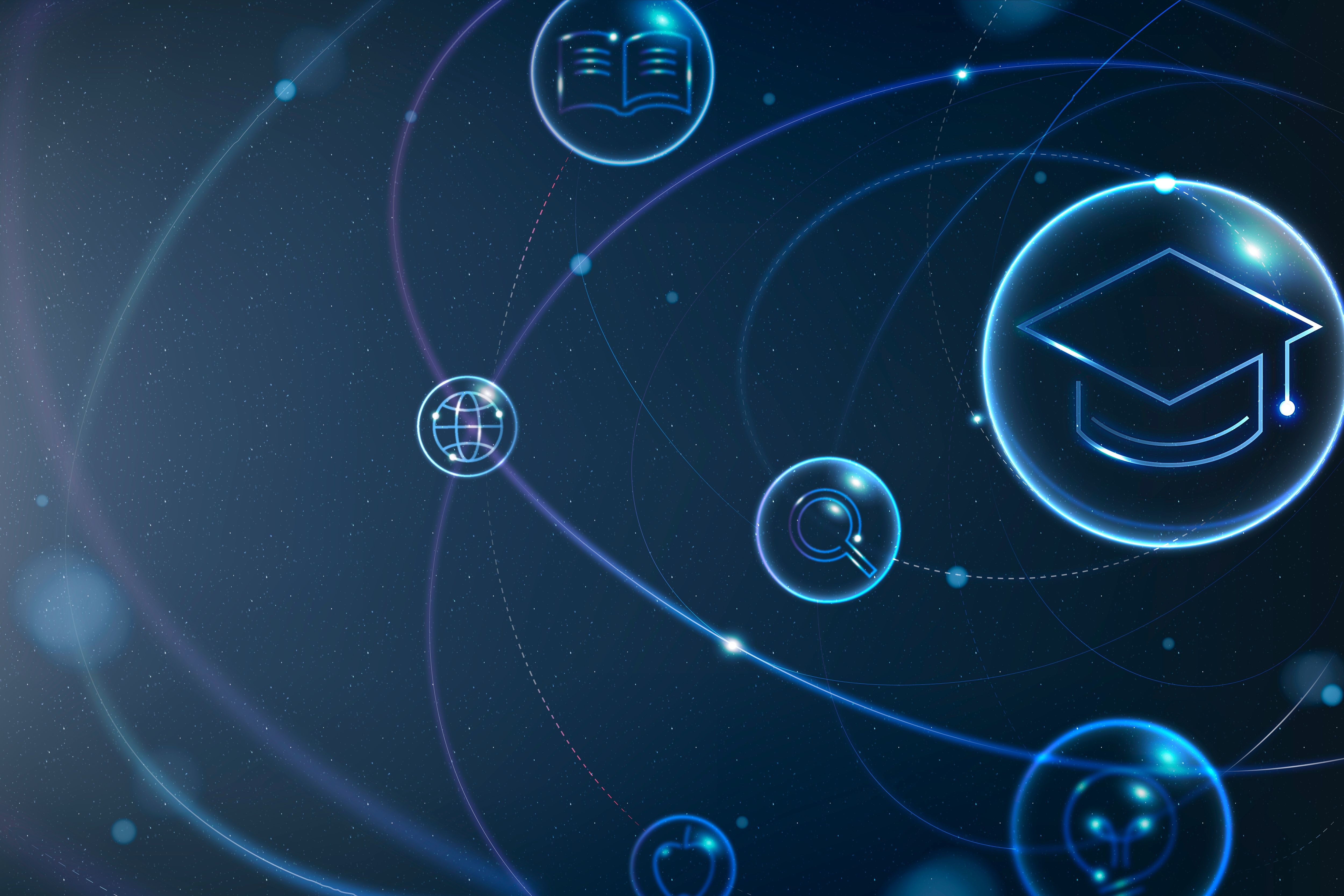- Published on
Transforming Education with AI: Preparing the Next Generation for Future Learning
- Authors

- Name
- Vuk Dukic
Founder, Senior Software Engineer
 Imagine a classroom where every student learns at their own pace, receives personalized feedback, and explores complex concepts through immersive experiences. This isn't science fiction—it's the future of education powered by Artificial Intelligence (AI). As we stand on the brink of an educational revolution, it's crucial to understand how AI is reshaping the learning landscape and preparing the next generation for a tech-driven future.
Imagine a classroom where every student learns at their own pace, receives personalized feedback, and explores complex concepts through immersive experiences. This isn't science fiction—it's the future of education powered by Artificial Intelligence (AI). As we stand on the brink of an educational revolution, it's crucial to understand how AI is reshaping the learning landscape and preparing the next generation for a tech-driven future.
Did You Know? By 2025, the AI market in education is predicted to reach a staggering $6 billion!
The Current State of Education and the Need for Change
Traditional education has long grappled with challenges like the one-size-fits-all approach and limited resources. These issues, coupled with the digital divide and educational inequalities, have created a pressing need for innovation. As the job market rapidly evolves, the skills gap between what students learn and what employers need continues to widen.
AI-Powered Personalized Learning
Adaptive learning platforms powered by AI are revolutionizing how students engage with content. These systems analyze individual learning patterns, preferences, and progress to create tailored curriculum and learning paths. The result? A personalized educational experience that adapts in real-time to each student's needs.
"AI in education is like having a personal tutor for every student, available 24/7."
Real-world success stories are already emerging. Take the case of Smithville High School, which implemented an AI-driven personalized learning system. Within a year, they saw a 25% increase in student engagement and a 15% improvement in test scores across all subjects.
Enhancing Teacher Capabilities with AI
Contrary to fears of AI replacing teachers, it's actually empowering them. AI is taking over time-consuming administrative tasks, freeing up educators to focus on what they do best: inspiring and guiding students. From grading papers to generating lesson plans, AI is becoming the ultimate teaching assistant.
However, it's crucial to strike a balance. While AI can provide valuable insights and support, the human touch in education remains irreplaceable. The future of education lies in the synergy between AI capabilities and human expertise.
Preparing Students for an AI-Driven World
As AI becomes ubiquitous, our education system must evolve to prepare students for this new reality. This means:
- Developing critical thinking and problem-solving skills
- Fostering creativity and emotional intelligence
- Teaching AI literacy and ethical considerations
- Encouraging a lifelong learning mindset
Reflection Question: How might AI have changed your own educational experience if it had been available when you were in school?
Overcoming Challenges and Ensuring Equitable Access
While the potential of AI in education is enormous, we must address several challenges:
- Privacy and data security concerns
- Ensuring accessibility for all students
- Bridging the digital divide in education
- Ethical considerations in AI-powered education
It's crucial that as we implement AI in education, we do so responsibly and equitably. No student should be left behind in this digital revolution.
The Future Classroom: A Vision of AI-Enhanced Learning
Picture a classroom where virtual reality allows students to explore ancient civilizations firsthand, where AI-powered global collaboration connects students across continents, and where interdisciplinary projects mirror real-world challenges. This is the future of education, and it's closer than you might think.
Continuous assessment powered by AI will replace traditional exams, providing a more accurate picture of a student's skills and knowledge. Skill-based credentials will become more valuable than traditional degrees, reflecting the rapidly changing needs of the job market.
Conclusion
The integration of AI in education is not just an option; it's a necessity if we want to prepare the next generation for the challenges and opportunities of the future. From personalized learning experiences to AI-assisted teaching, the potential for transformation is immense.
However, as we embrace these technological advancements, we must do so thoughtfully and ethically. The goal is not to replace human educators but to enhance their capabilities and provide students with the best possible learning experience.